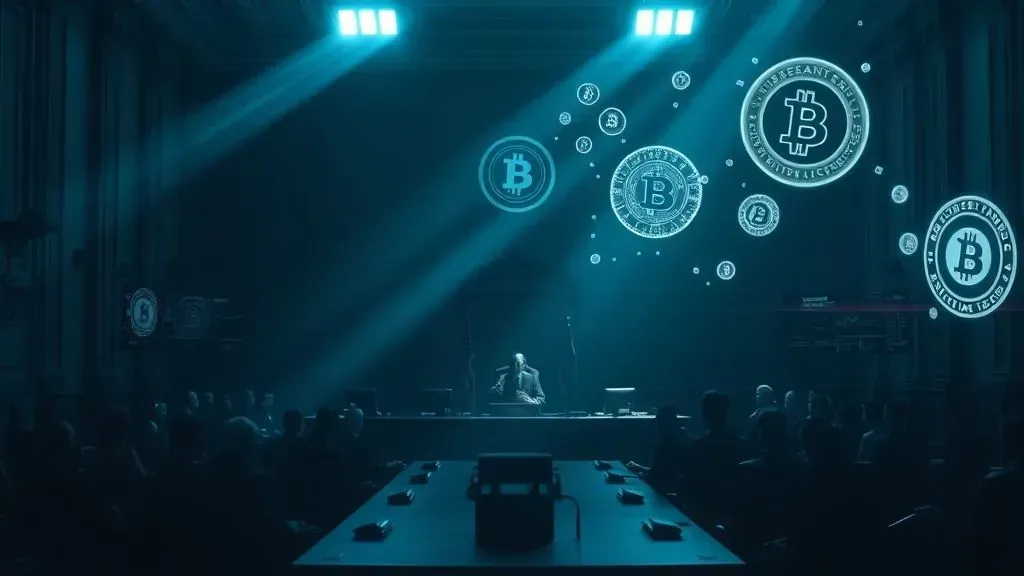
The recent House Financial Services Committee (HFSC) hearing on crypto market structure devolved into partisan claims, highlighting deep divisions over digital asset regulation and potential conflicts of interest.
Partisan Claims Cloud Crypto Legislation
Political Tensions in the Crypto Debate
Republican lawmakers dismissed allegations that President Trump could profit from his crypto ties, labeling such accusations as political “theatrics.” The hearing revealed sharp partisan divides, with Democrats raising concerns about the president’s influence and potential conflicts of interest.
Democratic ranking member Maxine Waters defended ongoing efforts to scrutinize the Digital Asset market Clarity (CLARITY) Act amid accusations that the bill could be exploited for personal gain. She emphasized that Trump is “abusing his position as president to enrich himself off crypto,” further fueling partisan tensions.
Regulatory Oversight Under Threat
Concerns about the independence of key financial regulators, including the SEC and CFTC, dominated discussions. Witness Amanda Fischer warned that “the financial regulatory agencies are under siege,” with several commissioners expected to resign soon. This creates uncertainty over the future leadership of U.S. crypto oversight bodies.
Leadership Uncertainty in SEC and CFTC
The Senate Agriculture Committee plans to consider Trump’s nominee Brian Quintenz for CFTC chair on June 10, amid departures of acting leaders like Caroline Pham and Kristin Johnson. Similarly, the SEC could see a leadership shakeup by 2027 under current plans. These shifts threaten continuity in digital asset regulation at a critical juncture for the industry.
Implications for Digital Assets and NFTs
As regulatory debates intensify, market participants face an uncertain environment for NFTs and crypto assets, especially with upcoming votes on bills like CLARITY. The discussions reflect broader concerns over how regulatory agencies will adapt to rapid innovation in decentralized finance (DeFi) and digital . In conclusion, the congressional hearing underscores the polarized landscape shaping U.S. crypto policy, with partisan claims potentially impacting future legislation and industry stability. Staying informed on these developments is crucial for investors and stakeholders navigating this evolving market structure.



